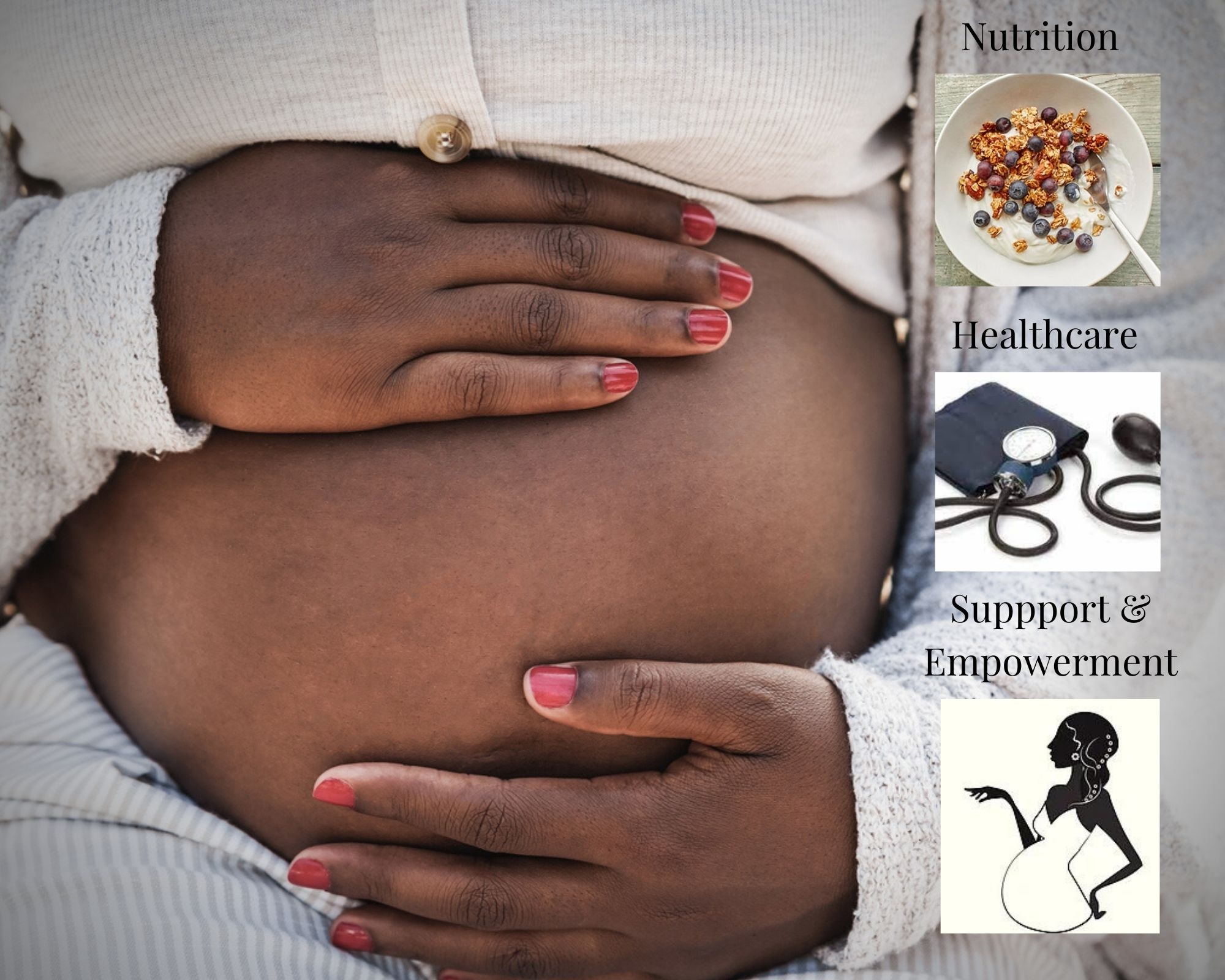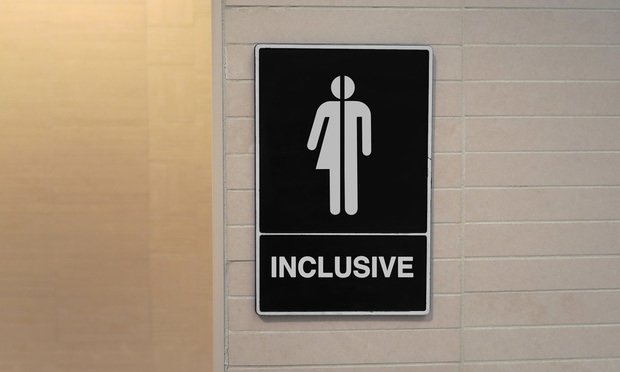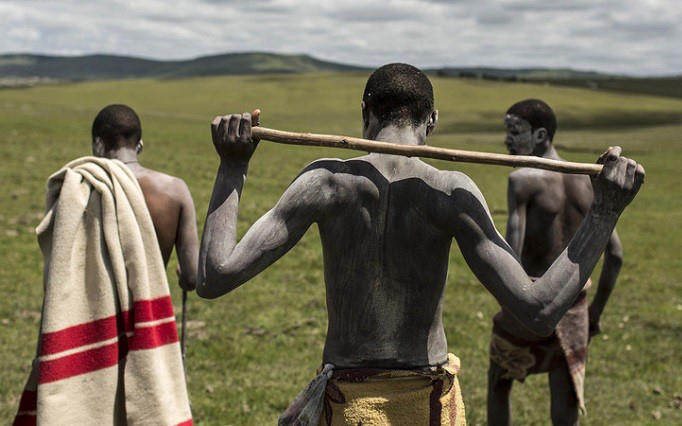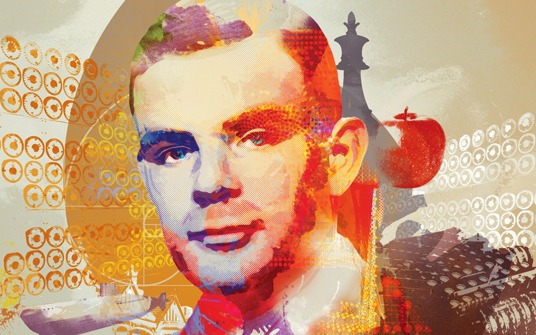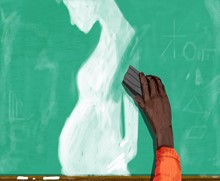Hunger persists as a serious concern or pregnancy experiences and outcomes
Jul 25, '22
Many South Africans live in extreme poverty and experience hunger. Statistics show that as of 2020, 16.31 million South Africans lived in extreme poverty. The Food Poverty Line (FPL) is now at R624 per capita per month (Statistics South Africa, 2021) while child support grant currently stands at R460 and the SRD grant at R350, there is a 15.1% and 28.1% difference respectively between the social grants offered to people and the current FPL. Recently, many countries have experienced an ongoing crisis of inflation in food prices due to various factors, including the ongoing war in Ukraine. Inflation in South Africa resulted in food price inflation up to 6.7% in February of this year, higher than overall inflation in the country, which was at 5.7%. In summary, unemployment is rising, inflation is increasing the cost of essential goods and services, and social grants remain lower than the food poverty line (child support grant at R460 and emergency SRD at R350 per month). What this all means is that the poor are barely affording a living, and food poverty is worsening. The ones who face the brunt of the general increase in the cost of living, especially food poverty, that this article



